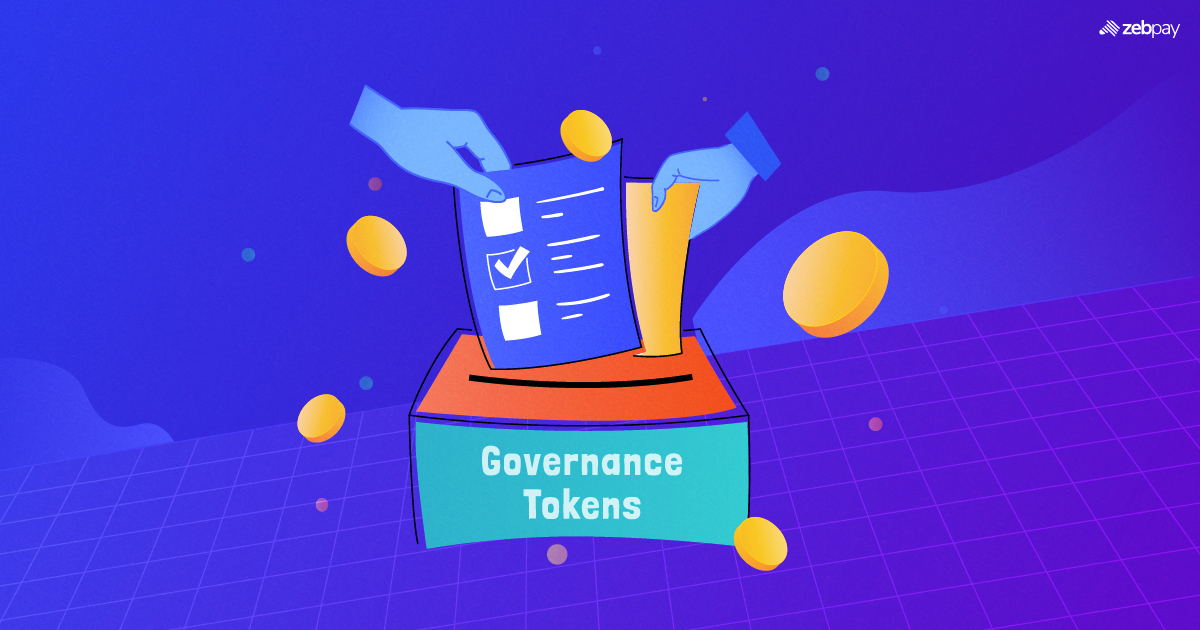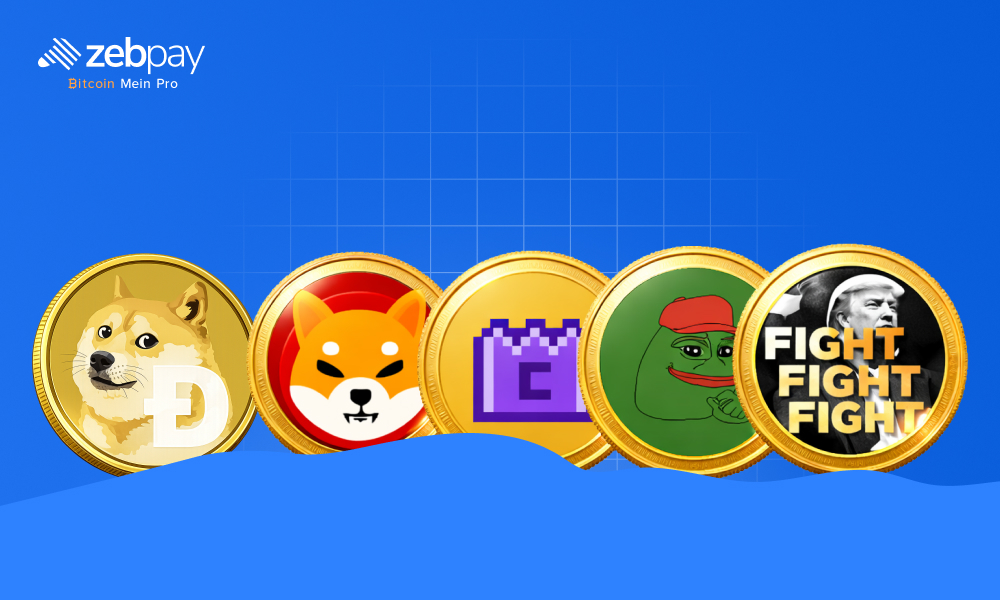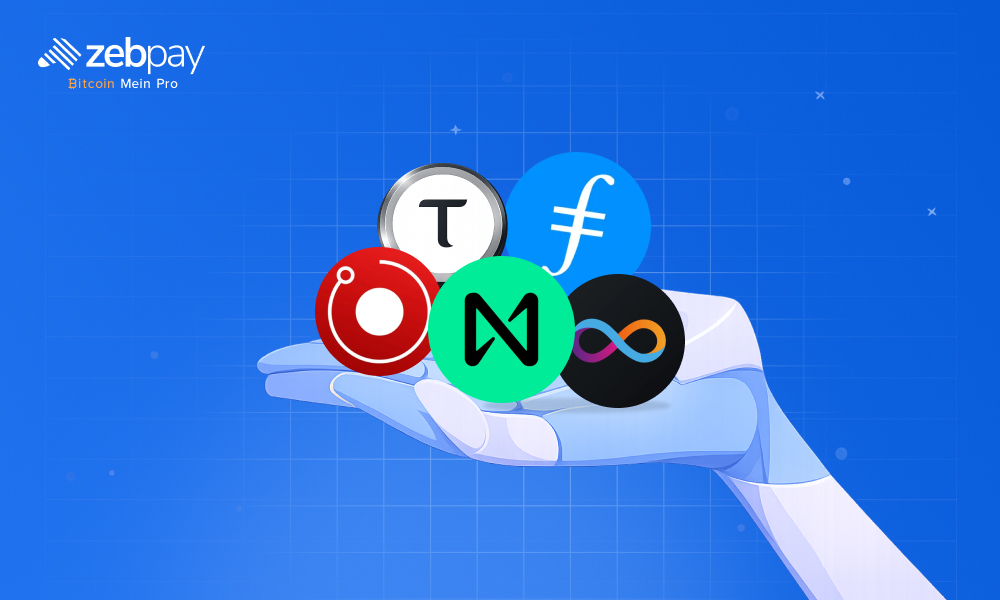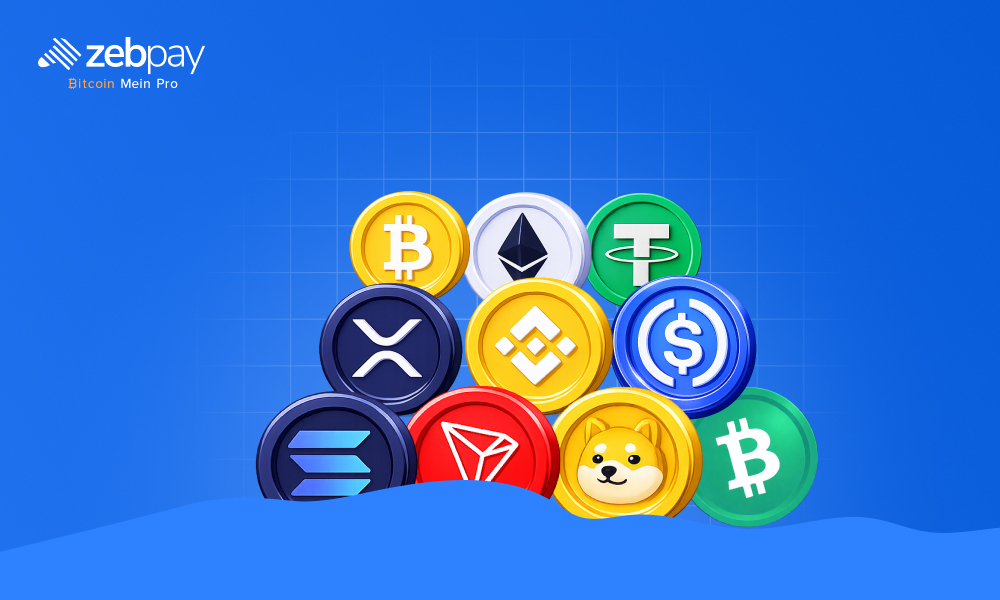Did you know that the world of crypto extends far beyond simple tokens used for transactions? Blockchain technology not only simplifies payments but also allows us to participate in decentralised organizations. While traditional companies have a board of directors that governs their decisions, decentralised organizations put you(the user) in charge. This is achieved through the power of governance tokens.
What are Governance Tokens?
A governance token is a type of crypto token that enables users to govern a decentralised organization or protocol. Holders of governance tokens can vote on proposals, suggest changes to the protocol, and even decide how the organization’s funds are spent. This can be used to decide the future direction of the organization.
Governance Token Definition and Use Cases
Governance tokens are used in various decentralised organizations and protocols to provide voting rights and decision-making power. For example, a decentralised exchange may issue governance tokens to its users, giving them the ability to vote on proposals such as adding new tokens to the exchange, changing fee structures, or modifying trading rules.
Governance token use cases also include decentralised finance (DeFi) protocols. They can be used in DeFi protocols to vote on changes to the protocol’s smart contracts, determine interest rates, and fund allocation.
Advantages and Disadvantages of Governance Tokens
| Advantages of Governance Tokens | Disadvantages of Governance Tokens |
| Democratises the decision-making process | Can be manipulated by holders with large stakes |
| Incentivizes holders to participate in the governance process through rewards | May face regulatory scrutiny |
| Aligns the interests of stakeholders with the long-term success of the organization | The value of the token is drawn entirely from the popularity of its community |
Advantages of Governance Tokens
One of the primary advantages of governance tokens is that they provide stakeholders with a voice in decision-making processes. This helps ensure that decisions are made in the best interest of the community, rather than just a central authority.
The process is not just democratic but also encourages users through rewards. Holders who actively participate in governance can be rewarded with additional tokens or other benefits.
Finally, governance tokens can be used to align the interests of stakeholders with the long-term success of the organization or protocol. By giving holders a voice in decision-making processes, they are more likely to feel invested in the success of the organization.
Disadvantages of Governance Token
One of the disadvantages of governance tokens is that they can be subject to manipulation. Holders with large stakes in the organisation or protocol may have more influence over the decision-making process. This can alter the process and lead to decisions that are not in the best interest of the community as a whole.
Another disadvantage of governance tokens is that they can be subject to regulatory scrutiny. Depending on the jurisdiction, governance tokens may be considered securities, which could bring about additional restrictions.
How do Governance Tokens Work?

Governance tokens work by giving their holders the ability to participate in the decision-making process for the organization or protocol. Holders can use their tokens to vote on proposals, suggest changes to the protocol, and even decide how the organization’s funds are spent.
These actions can be performed thanks to blockchain voting protocols. To get started, any user can submit a proposal to the governance process. Then, other token holders can submit their votes using a smart contract. The contract can tally votes and automatically implement the changes.
Governance Token Holders and Staking
To hold governance tokens, users must purchase them on a crypto exchange. Once you have acquired the tokens, you can stake them to participate in the governance process.
Governance token staking involves locking up the tokens for a period of time, during which the holder is eligible to participate in the decision-making process. Most platforms require you to connect your crypto wallet on the official website to begin staking.
Governance Token Voting and Rewards
When a proposal is submitted to the governance process, holders of governance tokens can vote on the proposal. Typically, voting is done through a smart contract, which automatically tallies the votes and executes the decision if it is approved.
In some cases, holders actively participating in the governance process may be rewarded with additional tokens or other benefits. For example, a proposal to distribute additional tokens to active participants in the governance process could be approved, incentivizing holders to continue participating.
Governance Token Distribution and Allocation
Governance tokens are typically distributed through a token sale or airdrop. During the token sale, investors can purchase tokens at a set price. During an airdrop, tokens are distributed for free to eligible users. The allocation of governance tokens varies depending on the organization or protocol.
Governance Token Ecosystem and Roadmap
The governance token ecosystem is constantly evolving, with new protocols and organisations adopting governance tokens. The governance token roadmap involves future development of the governance process, improvements to user experience and integration with other protocols.
Benefits of Governance Tokens for Decentralised Governance
Decentralised decision-making
Governance tokens allow for decentralised decision-making, giving stakeholders a voice in the direction of the organization or protocol. This can help to ensure that decisions are made in the best interest of the community, rather than just a small group of individuals.
Incentivizing participation
By rewarding active participation in the governance process, governance tokens can incentivize holders to get involved in decision-making. This can lead to a more engaged and invested community. Incentives and decentralization go hand-in-hand.
Alignment of interests
Governance tokens can help to align the interests of stakeholders with the long-term success of the organization or protocol. By giving holders a voice in decision-making, they are more likely to feel invested in the success of the organization.
Flexibility and adaptability
Decentralised organizations and protocols can be incredibly flexible and adaptable, responding quickly to changes in the market or community needs. Governance tokens allow for quick and efficient decision-making, enabling organizations to stay ahead of the curve.
You can read more about Web 3.0, What is DEX and blockchain on ZebPay blogs. Join the millions already using ZebPay Australia.
FAQs on Governance Tokens
What Can You Do As A Governance Token Owner?
Holders of governance tokens can typically vote on proposals, suggest changes to the protocol, and even decide how the organization’s funds are spent.
How Can You Acquire Governance Tokens?
Holders of governance tokens can typically acquire them by purchasing them on a cryptocurrency exchange or receiving them through an airdrop or other distribution mechanism.
Are Governance Tokens a New Concept?
The concept of governance tokens has been around for several years but has become more popular with the growth of decentralized finance (DeFi) and DAOs in recent years.
What Are Some Examples of Organizations That Use Governance Tokens?
Examples of organizations and protocols that use governance tokens include MakerDAO, Compound, Uniswap, and Aave.






